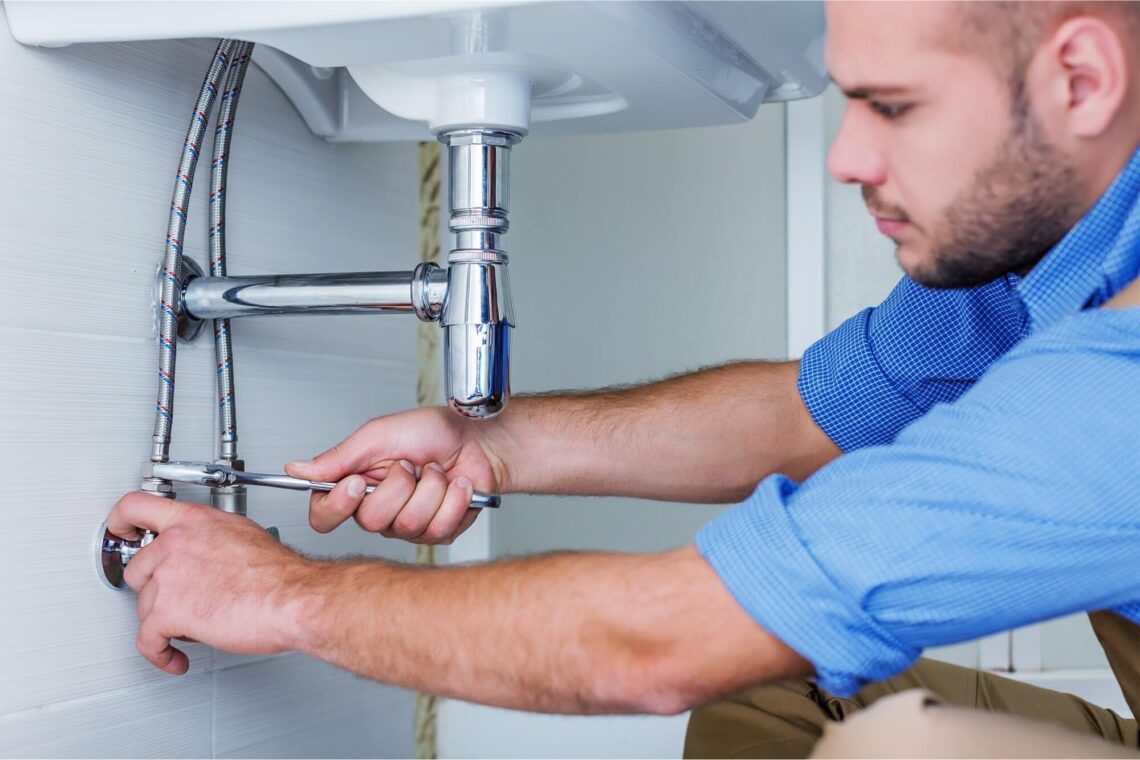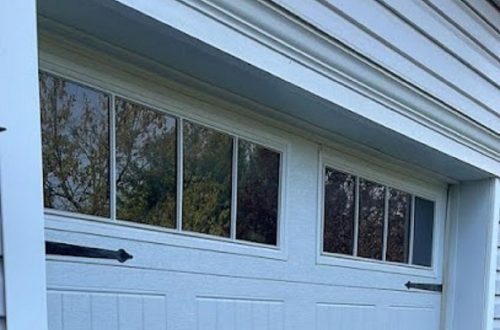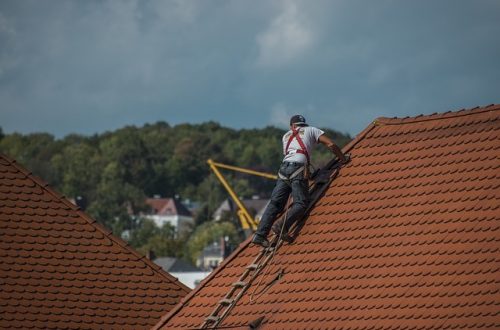
How Long Should I Air My House Out After a Gas Leak? Essential Safety Tips
Table of Contents
A gas leak in your home can be a serious safety hazard, potentially leading to fire, explosion, or carbon monoxide poisoning if not handled correctly. One of the critical steps after discovering a gas leak is to air out your house to dissipate the gas and ensure a safe environment for your family. But many homeowners are left wondering, “How long should I air my house out after a gas leak?” This article provides essential guidance on effectively ventilating your home following a gas leak, along with safety precautions to consider during the process.
Immediate Actions to Take After Discovering a Gas Leak
1. Evacuate Immediately: Safety should be your top priority. If you smell gas (a rotten egg-like smell added to natural gas for detection), hear hissing sounds from gas appliances, or suspect a leak for any reason, evacuate the property immediately without turning on lights or using anything that could cause a spark.
2. Shut Off the Gas Supply: If it’s safe to do so, shut off the main gas valve outside your home to stop further gas flow. This valve is usually located near the gas meter.
3. Call for Professional Help: Once you are at a safe distance, contact your gas utility company or emergency services to report the leak. Do not re-enter your home until it has been inspected and declared safe by professionals.
Ventilating Your Home: How Long Is Enough?
After professionals have addressed the gas leak and declared your house safe to re-enter, the next step is to ventilate the home to remove any lingering gas. The duration for which you should air out your house depends on several factors:
1. The Size of the Leak: A larger leak means more gas has escaped into your home, which might require extended ventilation to clear.
2. The Size and Layout of Your Home: Larger homes or those with complex layouts may need more time for adequate ventilation.
3. Weather Conditions: On windy days, fresh air will circulate more quickly, potentially reducing the time needed to air out your home.
As a general guideline, it’s recommended to keep windows and doors open for at least 30 minutes to an hour after you are allowed back into your home. However, this is a minimum suggestion, and some situations may require several hours of ventilation to ensure all traces of gas are eliminated.
Using Fans to Aid in Ventilation
To speed up the process of airing out your house, you can use fans to help push the gas out of your home. Place fans near doors or windows facing outward so they expel the air from inside the house. Be cautious, however, to only use electric fans if they are battery-operated or can be plugged in outside the home and away from gas appliances, as using electrical devices near a gas leak can be hazardous.
Safety Precautions During Ventilation
1. Avoid Ignition Sources: Do not smoke, use matches, lighters, or operate any electrical switches until your home has been thoroughly aired out.
2. Monitor for Symptoms: If anyone experiences symptoms of gas exposure such as dizziness, nausea, or headaches, seek medical attention immediately.
3. Continuous Monitoring: Even after airing out your home, remain alert for signs of another gas leak, especially if the cause of the first leak was not definitively resolved.
Professional Inspection and Repairs
Before using your gas system again, it is crucial to have it inspected by a qualified technician who can repair any issues and ensure that your appliances and gas lines are safe to use. This step cannot be skipped, as it ensures the integrity of your gas system and the safety of your household.
Conclusion
Ventilating your home after a gas leak is a vital step in ensuring the safety and well-being of everyone inside. The question of “How long should I air my house out after a gas leak?” depends on multiple factors, but erring on the side of caution is always advisable. Remember to prioritize immediate evacuation and professional handling of the situation before beginning the ventilation process. By following these guidelines, you can minimize the risk associated with residential gas leaks and protect your family from potential hazards.





